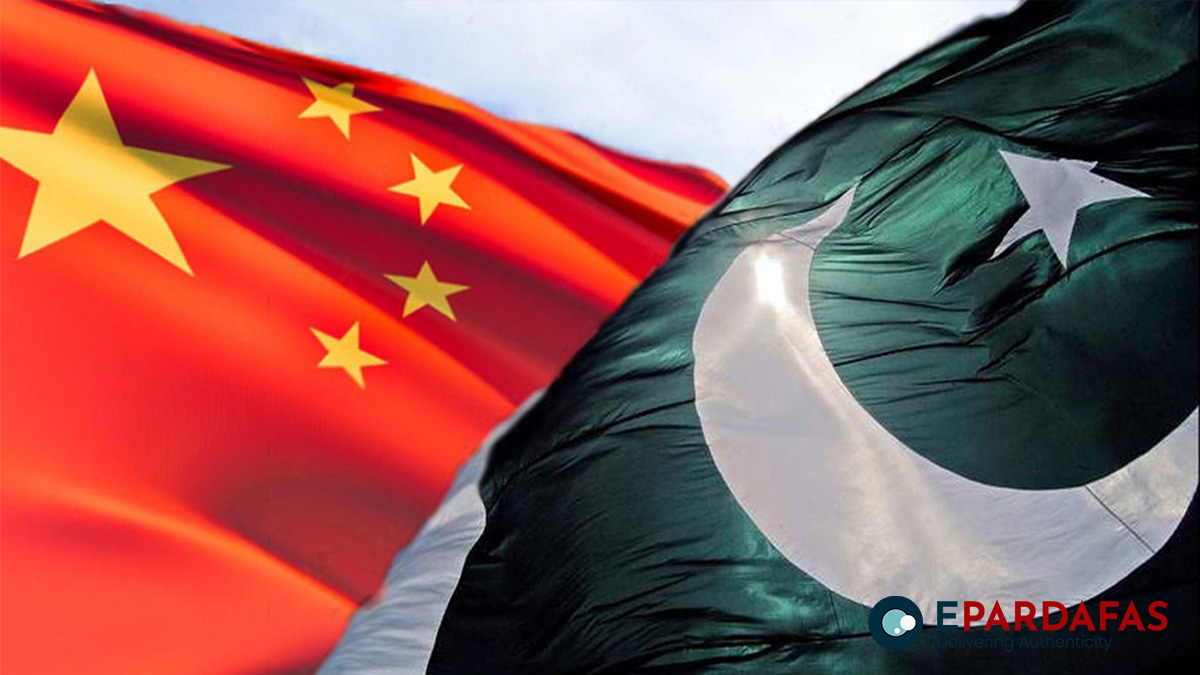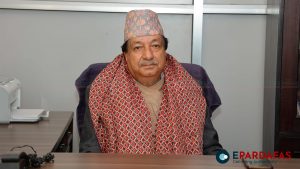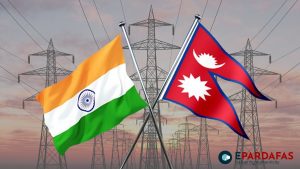
Massive Protests Erupt in Gwadar, Raising Concerns for China

Massive protests have erupted in the southwestern Pakistani city of Gwadar, home to a Chinese-controlled port, creating significant concerns for China.
Since Friday, life in Gwadar has been disrupted by protests organized by the Baloch Yakjehti Committee (BYC), a group advocating for civil, political, and economic rights in Balochistan province.
Gwadar is central to the $50 billion China-Pakistan Economic Corridor (CPEC) project. China operates Gwadar’s deep-sea port, built in 2006, and has recently completed constructing Pakistan’s largest airport in Gwadar, scheduled to start operating later this year.
Despite making up a small fraction of Pakistan’s 240 million population, Balochistan’s 15 million residents live in a resource-rich province that generates substantial revenue for the federal government.
Thousands arrived in Gwadar after BYC’s 31-year-old chief organizer, Mahrang Baloch, called for a Baloch National Gathering on Sunday. The protesters demanded the recovery of victims of enforced disappearances and sought to ensure that Baloch people benefit from Chinese-funded projects.
In response, the provincial government sealed off the port town, cutting internet and phone connections, and blocking all highways leading to Gwadar. Nonetheless, a large number of protesters managed to reach the city.
On Sunday night, the BYC claimed the government cracked down on protesters, resulting in clashes that left at least one protester dead, seven wounded, and hundreds arrested. The Pakistan Army’s Inter-Services Public Relations (ISPR) denied these claims, stating that a violent mob attacked security forces in Gwadar, resulting in one soldier’s death and injuries to 16 others, including an officer.
Following the crackdown, the BYC turned its gathering into a sit-in protest in Gwadar, ongoing at the time of reporting.
The crackdown prompted BYC supporters to hold protest rallies and block major highways across the province. Train services between Pakistan and Iran were suspended, and southern Balochistan has been cut off from the rest of the country since Friday.
Amnesty International issued a statement on Sunday, urging Pakistani authorities to lift the internet shutdown in Balochistan and respect the right to peaceful protest by removing road blockades.
Experts believe these protests have alarmed Beijing, already facing security concerns regarding its investments in the region.
“Chinese factors have emboldened the protesters and given them more leverage,” said Muhammad Shoaib, an assistant professor at Quaid-i-Azam University Islamabad. Independent security analyst Kiyya Baloch added, “By using force against a peaceful movement with significant public support, the Pakistani government risks driving more Baloch youth toward militancy, complicating China’s investment efforts in Gwadar.”
A Balochistan government official, speaking anonymously, suggested that the protests aimed to sabotage CPEC projects in Gwadar.
Qamar Cheema, executive director of the Sanober Institute, believes the protests aim to internationalize Baloch issues, sending a message to foreign investors, particularly China, to engage with Baloch people. Veteran Baloch journalist Tania Baloch noted that Gwadar was chosen for its global attention due to CPEC, enhancing the protest’s visibility.
As Pakistan finalizes a $3 billion loan deal with the International Monetary Fund, it has requested China to allow delayed payment on $15 billion of debt owed to Chinese power producers. The situation in Gwadar could influence China’s decision.
However, Cheema suggested that debt restructuring talks between China and Pakistan would continue unaffected by the protests, asserting, “China does not interfere in the domestic issues of its partner countries.”












Comments